Self-Assessment: Essential to Success in School and Work
by Dr. David T. Conley
Self-assessments have been around for a long time. Most of us have filled out one or more quiz in a magazine or online that purports to tell us something about who we are. Many of us have also completed more formal instruments based on personality theory or some other framework designed to provide insight into an aspect of ourselves.
Up until now, the results of these instruments have been as much a curiosity as anything else. But the value of self-knowledge and self-management is increasing dramatically in today’s rapidly changing workplace and social environment where knowing something about who we are and what our strengths and weaknesses are has real value. In fact, self-awareness is one of the key characteristics that can distinguish people who succeed in organizational settings from those who struggle.
What does it take to be self-aware? In general, it’s the ability to see yourself as others see you. Some people accomplish this through very heightened perception and empathic sensitivities that allow them to ascertain very objectively the reactions their behaviors engender. However, many people do just the opposite: they rationalize their failures and frustrations as being the result of forces they cannot control or of the behaviors of others who block their path to success.
In addition to heightened awareness of how our behaviors are being perceived by others, self-assessments offer us insight into the behaviors and strategies we are employing to make our way through complex social and organizational settings. Increasingly, self-assessments are becoming a powerful resource that offers a window into the gap between how we behave and how we need to behave to succeed.
Many of the new generation of self-assessments have stronger theoretical bases and have been proven empirically to be good indicators of the behaviors necessary for success in particular areas. More than just personality tests, these instruments, through the questions they ask, can make us more aware of the strategies and techniques that successful people demonstrate.
This is particularly true regarding school and workplace success, both being environments in which very specific coping strategies tend to prevail and where lack of such strategies results in frustration and failure. Given the importance of self-assessment, how, can we make better use of self-assessment opportunities?
Effective self-assessment begins by selecting an instrument with a solid evidence base supporting it. Next, and in many cases most important, is your mindset as you think about how you will approach answering the items. Do you plan to take it seriously? Will you be as honest and objective as you can? Are you prepared to act on the results, to make changes or adopt new strategies based on the findings?
Then, once you begin answering items, what is your mindset? Do you respond based on what you think is socially desirable, in other words, what you should do or think, or what you actually do or think? Do you ground your response by imagining an ideal behavior or belief that illustrates the item? It can be difficult to answer honestly and can be much easier to just blow the whole thing off when it feels like the responses will make you look inadequate or indicate you have a problem you should address or behavior you need to change.
You may want to ask yourself several other questions as you respond to items. What would someone else who knows you well say about you regarding this item? Can you think of an actual situation in which you were engaged that required this skill or attitude and how you actually behaved or thought in that situation? In addition to your responses, are you being sure to learn from the questions themselves to identify behaviors and strategies key for success in school and work?
After completing the instrument you will receive the results, which are generally reported in a way designed to enable you to take steps to identify strengths and areas in need of improvement. Through the use of technology, many reports now link directly to resources that can help you address key issue areas. This eliminates a gap that existed in the past between receiving the results, interpreting them, and acting on them. To make the experience worthwhile, you need to examine the report results honesty and objectively and then be prepared to act on the recommendations and explore recommended resources in order to bring about desired behavior or attitudinal changes.
Self-assessment and self-evaluation are key skills in a world where people are judged on their behaviors in organizational and social settings and where they do not always receive as much direct feedback as necessary to improve. Everybody tends to think they know how to succeed in school and work, but most people could probably do better. Self-assessment is one of the key tools for improving effectiveness in school and work in ways that lead to improved success and satisfaction.




